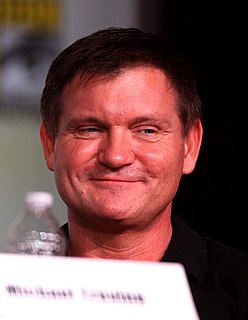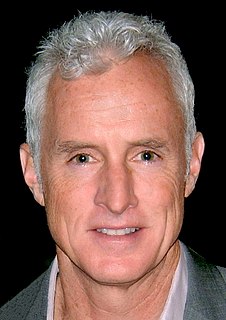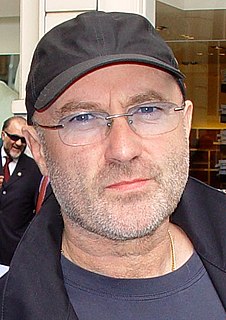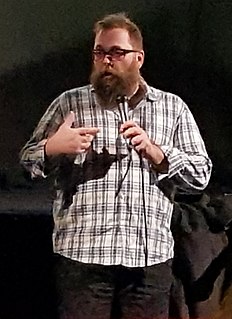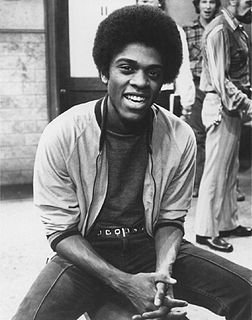A Quote by John Oliver
You don't really know when stand-up material is TV ready; it's just at what point you're willing to let it go and not work on it anymore. I'm not sure there is a point at which you think: 'And that is finished.'
Related Quotes
I was so grateful to work on 'Bunheads.' We had so much material, and everything was so rapid-fire, and I developed - through theater too, I developed a really great work ethic. I think preparing for both of them is just that - you come to set ready to go, ready to play. You know your lines. You're ready to work.
I think a lot of times when people have "creative blocks" and I know my share of friends do as well if they're at just some stuck point. They're not sure what to do with their lives or their writing or their photography or their filmmaking or whatever it is that they're doing. I think the best advice is you have to change your life up completely; to go on a trip, to go spend a year being of service. Be willing to take some major drastic action to get you out of your comfort zone and go inside, not outside.
Stand-up life is really hard. At one point, I got so paralyzed I could write five screenplays before I could write three jokes for stand-up. Later, I've finally allowed myself to relax quite a bit, to think I can do it because I've done it in the past. The pressure to come up with the material is the same but the anxiety about whether I can do it is gone.
I've been in those relationships. You go through years of your life and at a certain point you wake up and you go, god, what am I doing here? What have I spent the last three years doing? Part of it is learning, this process you've gotta go through. You have to recognize the point at which you're not learning anymore, and be able to let it go.
The corner of the 'food media' that I think is troublesome to me is the shows on TV that don't really have a point or don't have a lesson to be learned. If you don't have a point, or if there's not some part of it that is meaningful and can change someone's life, in my old age, I'm just not into it.
I think the Davis Cup has some untapped potential. It should be as prominent as the Grand Slams when it takes place. If you put it together with Fed Cup for an organized, nationalistic team competition taking place in a central location for two weeks, I think that would be beneficial from a fan interest stand point, from a media stand point and from a television stand point.
I am sure it has been done with less, but you should be prepared to write and throw away a million words of finished material. By finished, I mean completed, done, ready to submit, and written as well as you know how at the time you wrote it. You may be ashamed of it later, but that's another story.




